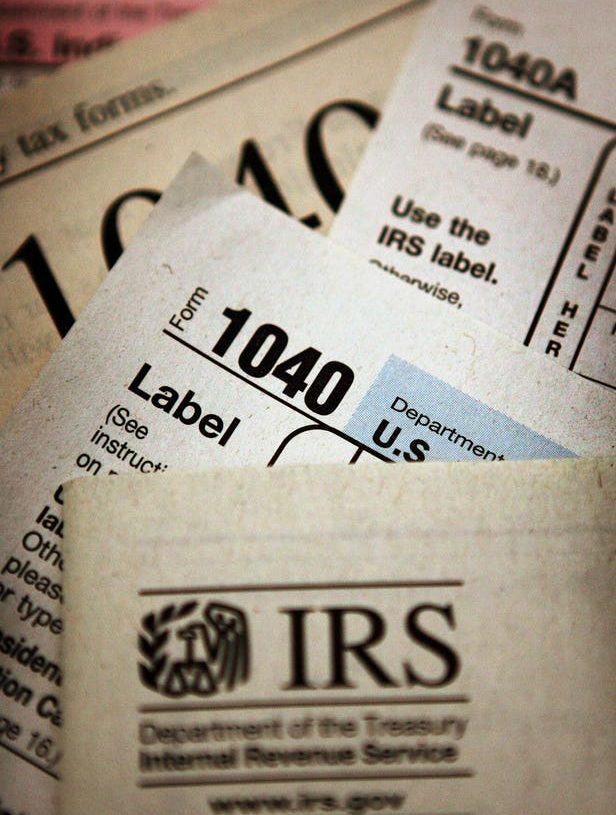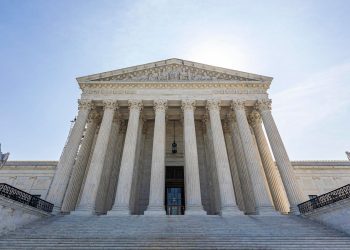The IRS further postponed tax deadlines for most California taxpayers to Nov. 16, 2023. In the wake of last winter’s natural disasters, the normal spring due dates had previously been postponed to Oct. 16. But in IR-2023-189, added another month. As a result, most individuals and businesses in California will now have until Nov. 16 to file their 2022 returns and pay any tax due. Fifty-five of California’s 58 counties—all except Lassen, Modoc and Shasta counties—qualify. IRS relief is based on three different FEMA disaster declarations covering severe winter storms, flooding, landslides, and mudslides over a period of several months.
The IRS normally provides relief, including postponing various tax filing and payment deadlines, for any area designated by the Federal Emergency Management Agency (FEMA). As long as their address of record is in a disaster-area locality, individual and business taxpayers automatically get the extra time, without having to ask for it. The current list of eligible localities is always available on the disaster relief page on IRS.gov.
What returns and payments qualify for the Nov. 16 deadline? Eligible returns and payments include:
- 2022 individual income tax returns and payments normally due on April 18.
- For eligible taxpayers, 2022 contributions to IRAs and health savings accounts.
- Quarterly estimated tax payments normally due on April 18, June 15 and Sept. 15.
- Calendar-year 2022 partnership and S corporation returns normally due on March 15.
- Calendar-year 2022 corporate and fiduciary income tax returns and payments normally due on April 18.
- Quarterly payroll and excise tax returns normally due on May 1, July 31 and Oct. 31.
- Calendar-year 2022 returns filed by tax-exempt organizations normally due on May 15.
- Other returns, payments and time-sensitive tax-related actions also qualify for the extra time. See the IRS disaster relief page for details.
Do taxpayers need to do anything to benefit from this relief? The IRS automatically provides filing and penalty relief to any taxpayer with an IRS address of record located in the disaster area. Therefore, taxpayers do not need to contact the agency to get this relief.
It is possible an affected taxpayer may not have an IRS address of record located in the disaster area, for example, because they moved to the disaster area after filing their return. In these kinds of unique circumstances, the affected taxpayer could receive a late filing or late payment penalty notice from the IRS for the postponement period. The taxpayer should call the number on the notice to have the penalty abated.
In addition, the IRS will work with any taxpayer who lives outside the disaster area but whose records necessary to meet a deadline occurring during the postponement period are located in the affected area. Taxpayers qualifying for relief who live outside the disaster area need to contact the IRS at 866-562-5227. This also includes workers assisting the relief activities who are affiliated with a recognized government or philanthropic organization.
Additional tax relief. Individuals and businesses in a federally declared disaster area who suffered uninsured or unreimbursed disaster-related losses can choose to claim them on either the return for the year the loss occurred (in this instance, the 2023 return normally filed next year), or the return for the prior year (2022). Taxpayers have extra time – up to six months after the due date of the taxpayer’s federal income tax return for the disaster year (without regard to any extension of time to file) – to make the election. See Publication 547, Casualties, Disasters, and Thefts, for details.
Qualified disaster relief payments are generally excluded from gross income. In general, this means that affected taxpayers can exclude from their gross income amounts received from a government agency for reasonable and necessary personal, family, living or funeral expenses, as well as for the repair or rehabilitation of their home, or for the repair or replacement of its contents. See Publication 525, Taxable and Nontaxable Income, for details.
Additional relief may be available to affected taxpayers who participate in a retirement plan or individual retirement arrangement (IRA). For example, a taxpayer may be eligible to take a special disaster distribution that would not be subject to the additional 10% early distribution tax and allows the taxpayer to spread the income over three years. Taxpayers may also be eligible to make a hardship withdrawal. Each plan or IRA has specific rules and guidance for their participants to follow.
The tax relief is part of a coordinated federal response to the damage caused by these disasters and is based on local damage assessments by FEMA. For information on disaster recovery, visit disasterassistance.gov.
Read the full article here









